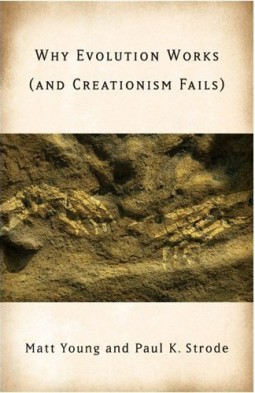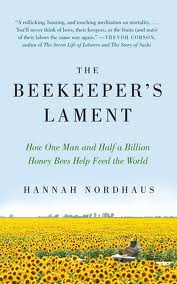
At its most basic level, science can be considered as non-political or at least politically neutral: science is dedicated to the collection of facts and interpreting them to help us understand the universe and how it works. For that reason, many people – one may even say our culture in general – places a high value in being scientifically literate. Or at least we pay lip service to that idea. But when the results of science end up contradicting and conflicting with other ideals such as religious beliefs, personal behaviors, or vested interests, then science can become very political. Perhaps the two most visible examples of this politicization of science are in the areas of climate change and evolution, where the discussion ranges from the White House and Congress to local school boards and textbooks. Our guest today has front line experience in several aspects of science and education. Dr. Paul Strode is a biology teacher in the Boulder Valley School District, and has been an instructor of ecology and evolutionary biology at the University of Colorado. Dr. Strode is co-author of the book: “Why Evolution Works (and Creationism Fails)” – also available and reviews here and here.
Hosts: Susan Moran and Joel Parker
Producer & Engineer: Joel Parker
Listen to the show:
Podcast: Play in new window | Download (Duration: 25:09 — 23.0MB)
Subscribe: RSS






 The
The 

